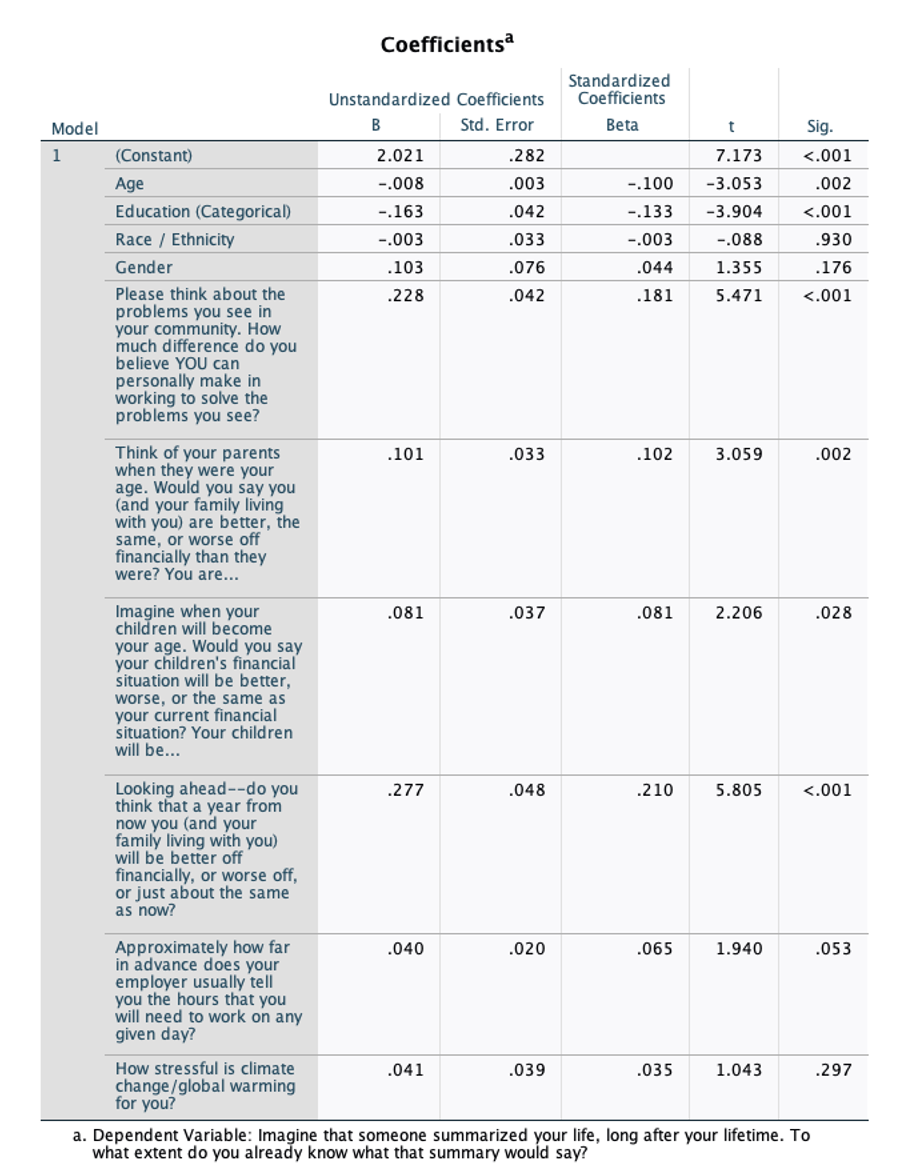

Writing with wisdom and wit, Setiya makes a wry but passionate case for philosophy as a guide to life. Ranging from Aristotle, Schopenhauer, and John Stuart Mill to Virginia Woolf and Simone de Beauvoir, as well as drawing on Setiya’s own experience, Midlife combines imaginative ideas, surprising insights, and practical advice. And you will learn what it would mean to live in the present, how it could solve your midlife crisis, and why meditation helps. This essay is not about Setiya’s book, which begins with a premisea personal midlife crisisvery much like my own How to Be a Stoic.

You will be introduced to philosophical consolations for mortality. MIT philosophy professor Kieran Setiya has a new book, Midlife: A Philosophical Guide, published by Princeton University Press. You will learn why missing out might be a good thing, how options are overrated, and when you should be glad you made a mistake. He is the author of Practical Knowledge, Reasons without Rationalism, and Knowing Right From Wrong, which defend a cognitive theory of intention, a form of virtue ethics, and an account of ethical knowledge that draws on Aristotle and Hume. Philosophical wisdom and practical advice for overcoming the problems of middle age How can you reconcile yourself with the lives you will never lead, with possibilities foreclosed, and with nostalgia for lost youth? How can you accept the failings of the past, the sense of futility in the tasks that consume the present, and the prospect of death that blights the future? In this self-help book with a difference, Kieran Setiya confronts the inevitable challenges of adulthood and middle age, showing how philosophy can help you thrive. Kieran Setiya works mainly in ethics, epistemology, and the philosophy of mind.


 0 kommentar(er)
0 kommentar(er)
